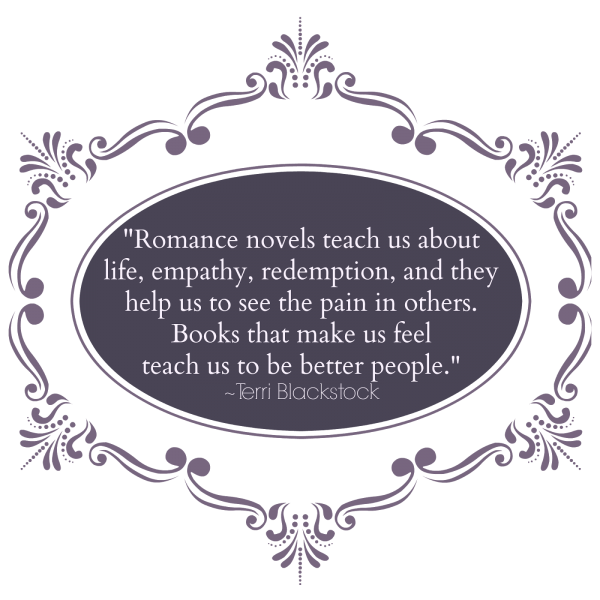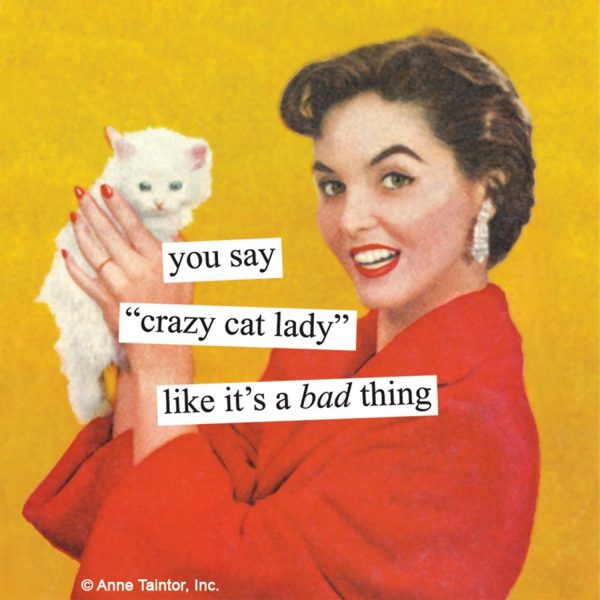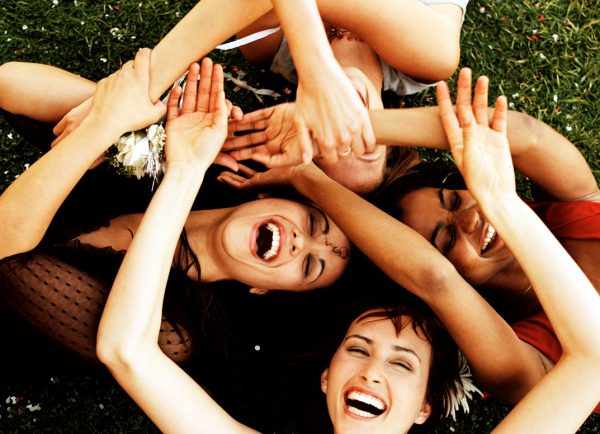It’s easy to dismiss romance novels as frivolous and stereotype the readers as lonely old cat women. The data paints a slightly different picture, however, on both the genre and the readers. So who is reading romance novels? And why?

Source: Edgy Inspirational Romance
Who Reads Romance?
According to Nielsen’s Romance Book Buyer Report, romance book buyers are getting younger—with an average age of 42, down from 44 in 2013. This makes the genre’s average age similar to the age for fiction, overall. In addition, 44% of these readers are aged 18-44, which includes the coveted Millennial demographic.
Yes, most of these readers are women. However, more men are picking up romance novels too. In first-quarter 2014, men accounted for 15% of romance books purchased, compared with 12% in 2013. That 3% increase could be due to more marketing and media attention or just men realizing that they too can enjoy the escapism into an idealized love.

Source: Amazon
Geographically, most USA romance novel readers are from the South followed just after by the Midwest. Why is that? Perhaps more of these women have unsatisfying relationships in their lives, which may say something about the men or other romantic options living there. Perhaps, as these areas tend to be more conservative, these women are working incredibly hard as homemakers, possibly alongside a job, and find that romance novels provide enjoyment and relaxation.
Not Getting Enough?
In an article by The Telegraph, Prue Leith suggested that older women go for romance novels because they “are not getting enough.”
“I often say to people… this novel is racier than this one and let me tell you, most older women go for the racy ones.”
When asked why, she suggested, “because they are not getting enough?” before adding: “I think it is because they are grown up and relaxed and confident, so fine about it.”
Not everyone has their own Fabio, but that’s not the only reason to pick up a romance.

Source: Pinterest
Who’s to say what “enough” romance or lust or love is? Maybe some nights a reader doesn’t want their room set up with rose petals and flowers. They don’t want hours of staring dreamily into their lover’s eyes. Because that stuff takes a lot of time and most people have responsibilities and jobs. Or maybe they’re happy with their lovers and love rooms strewn with rose petals and read novels for even more ideas.
Confidence, Maturity
The theme of confidence in one’s self and sexuality is a common. Maya Rodale discusses some myths about the romance novel reader and in her article she debunks the idea that readers can’t distinguish fact from fiction. Many decry the loves portrayed in romance novels as impractical. “…this is something we say to lessen the impact of ideas women get from romance novels. “Crazy” ideas like they can be the heroine of their own lives, that they can find fulfilling love, have orgasmic sex, or just be happy,” writes Maya Rodale. If reading romance novels encourages these women are confident, have high standards, and won’t settle for less, that seems like a pretty good idea.

Source: Jill Hector
Literature is something humans use to express emotions: to hope, to fantasize, to escape, to empathize, and to dream. Romance offers all of that. Not everyone wants romance or romance novels in their lives, but it’s obvious that lots of readers take great comfort and enjoyment from them.
YouTube Channel: Amanda Center
Featured image via aeon
h/t The Telegraph
Save



